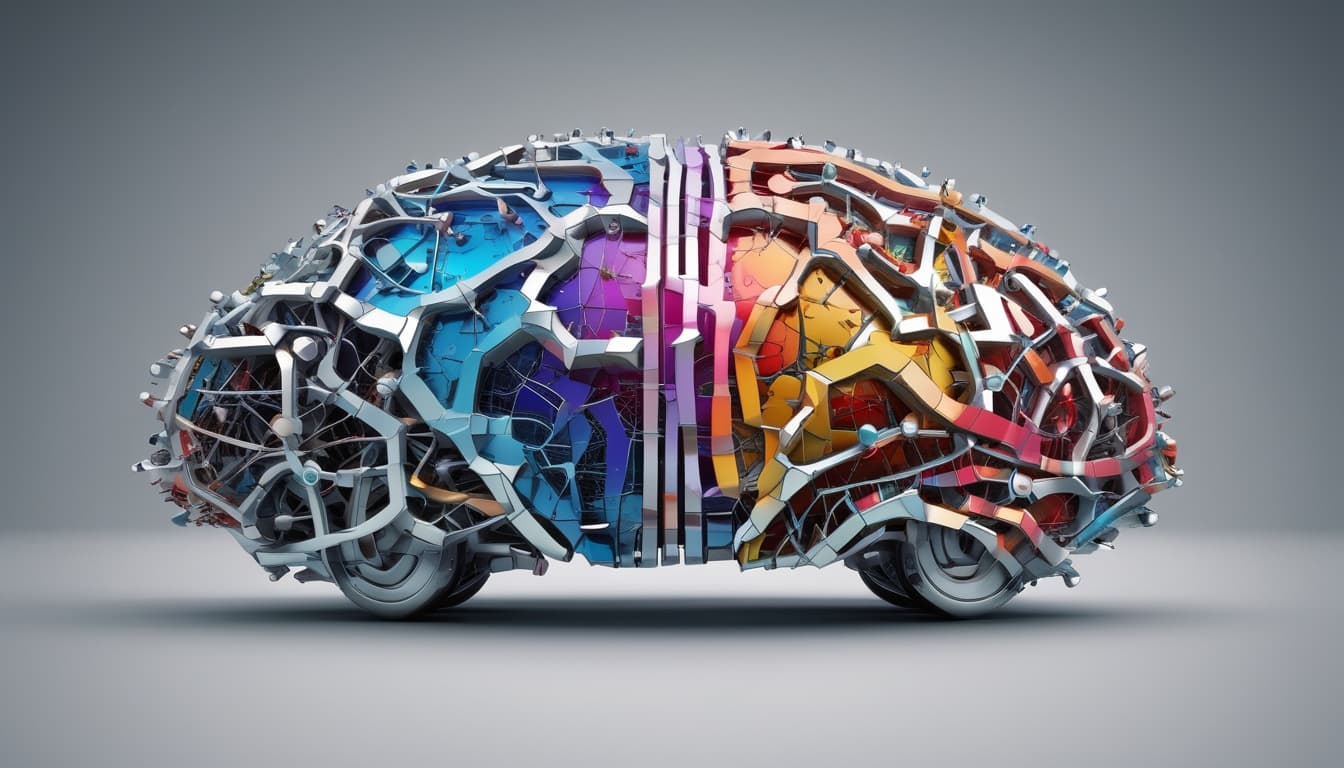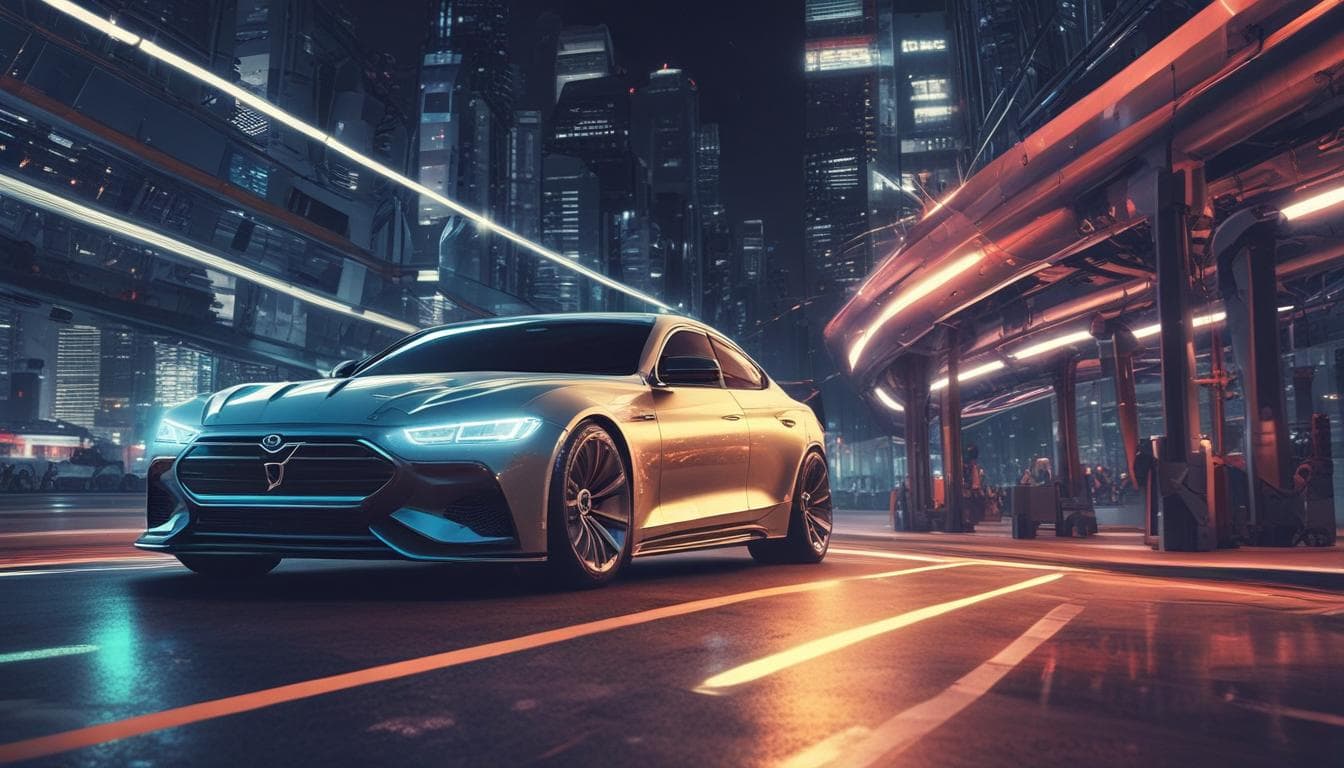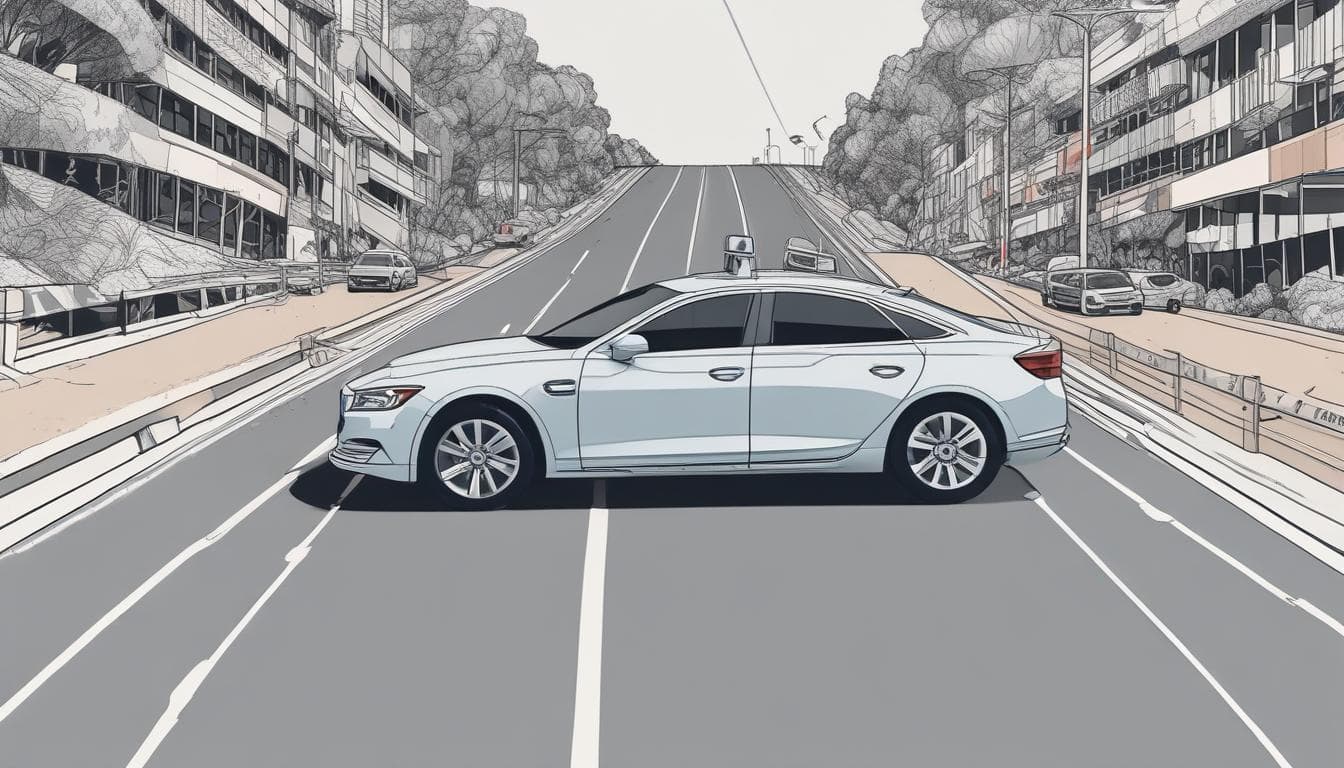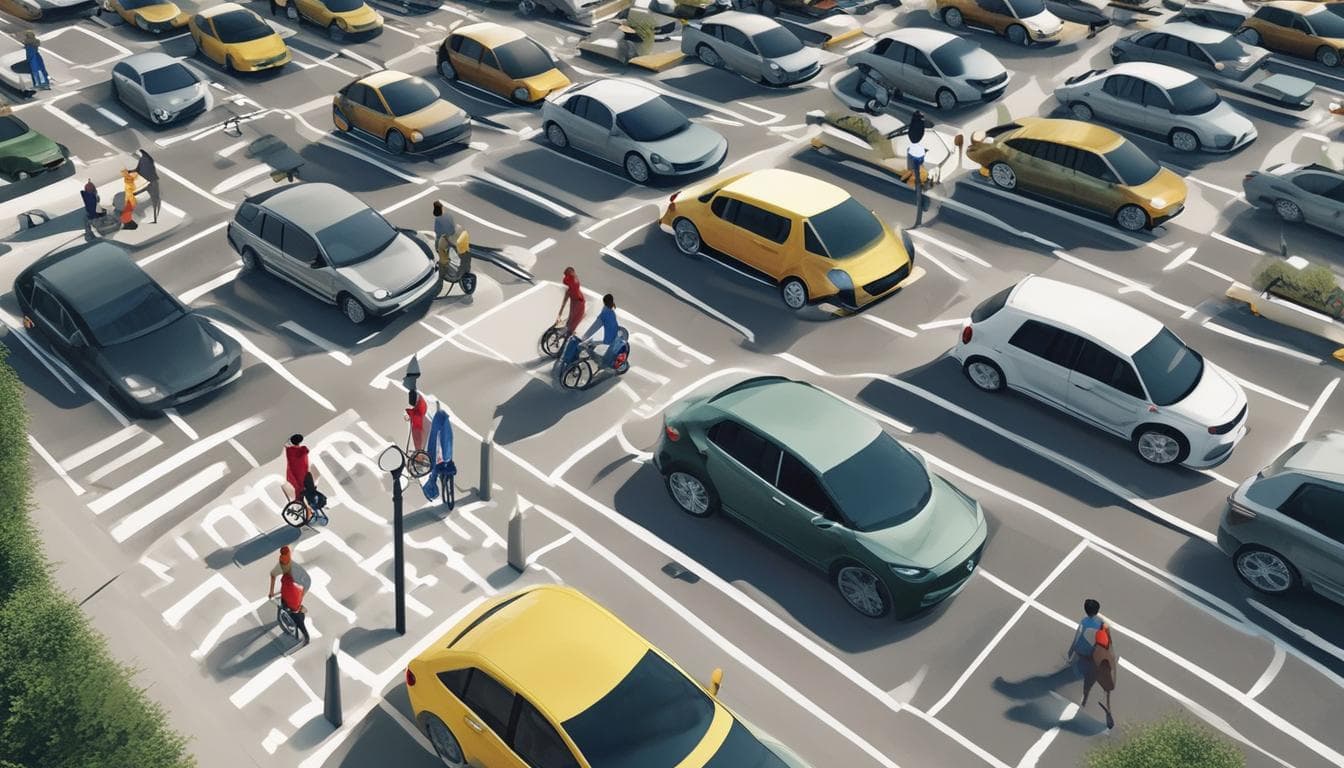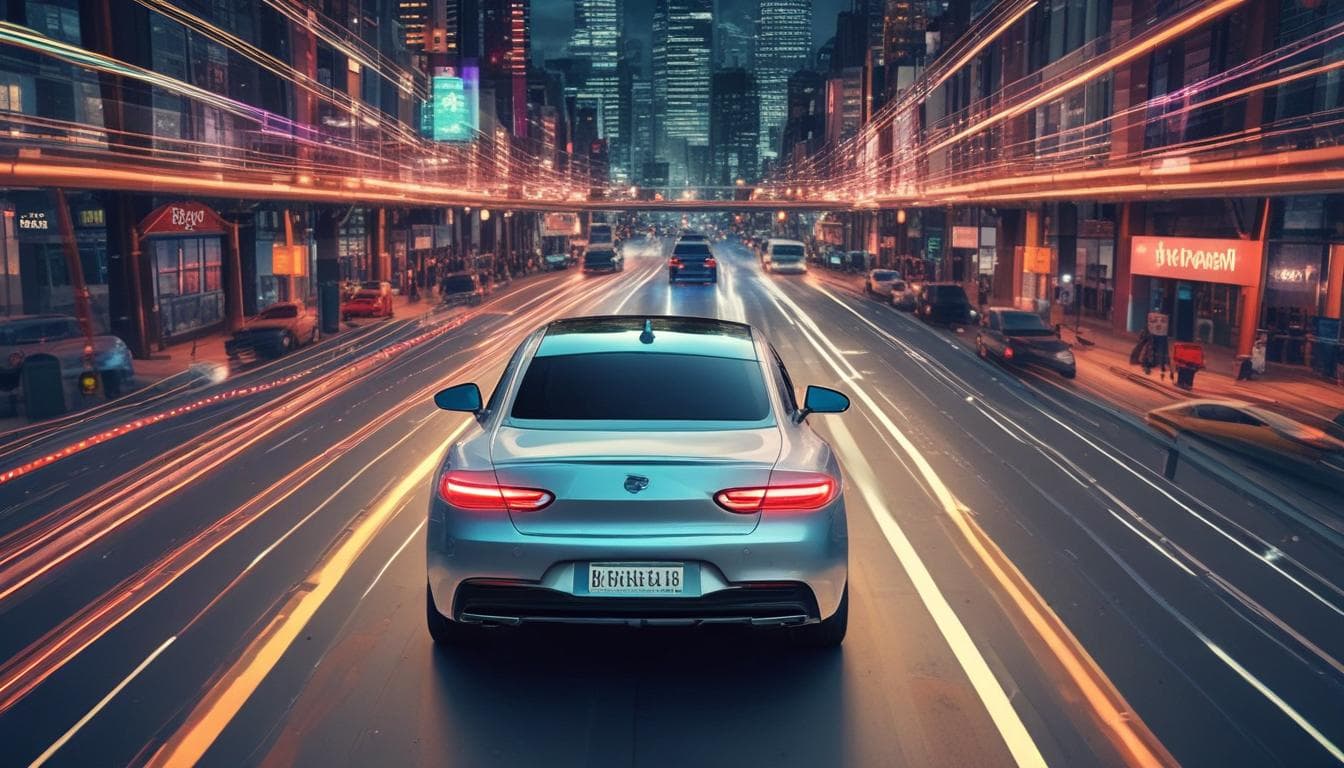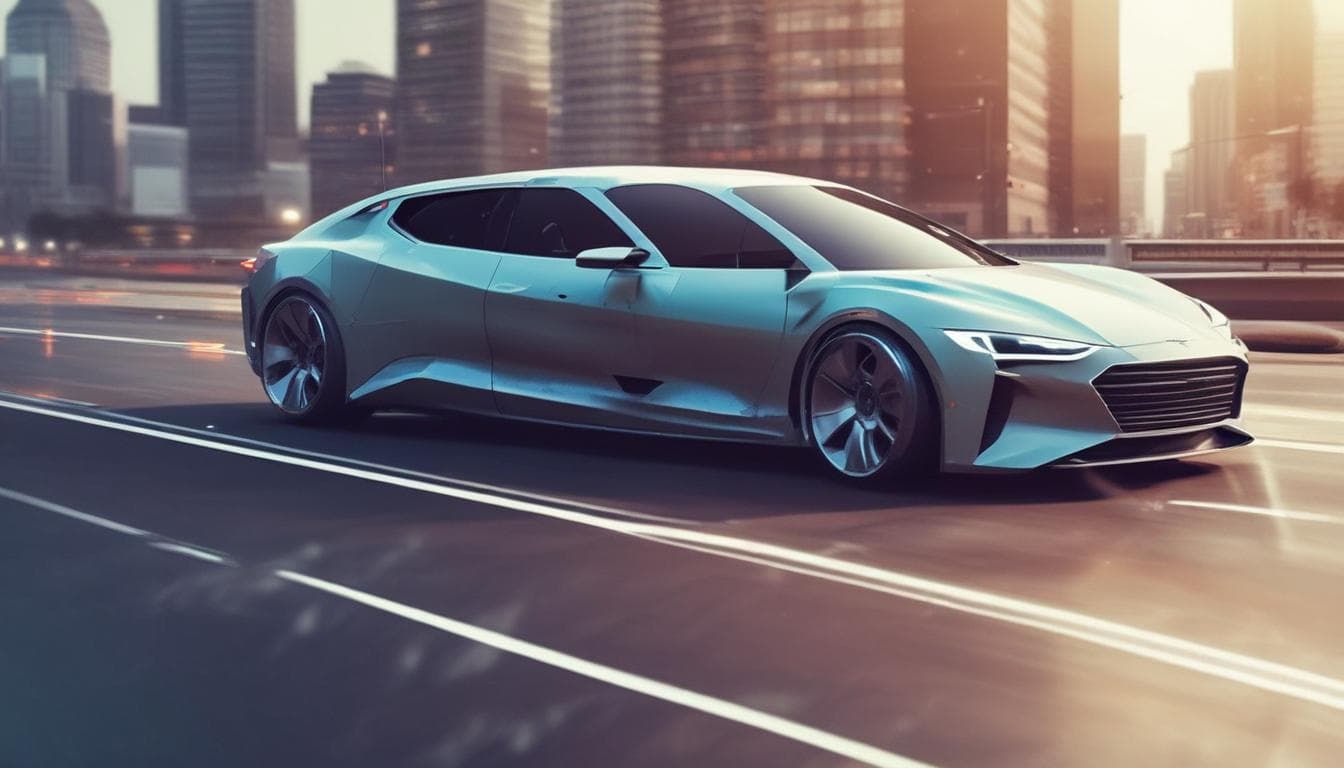Let's envision a future where AI not only drives our cars but also acts as a co-creator in the automotive design process. Imagine if you could verbally describe your dream car to an AI, specifying not just features but also emotions and experiences you want it to evoke. How might this collaborative design process, blending human creativity with AI's analytical power, revolutionize car aesthetics, functionality, and the overall personalization of vehicles? What potential challenges or ethical considerations might arise when we entrust such a significant level of creative control to artificial intelligence in shaping our future rides?
Imagining a future where AI collaborates in designing our vehicles opens up some fascinating avenues for automotive innovation. Here’s how this collaboration could revolutionize the industry:
Enhanced Personalization
- Emotional Design: By allowing users to describe the emotions they want their cars to evoke, AI could analyze those inputs and generate designs that reflect personal tastes. This level of customization could lead to unique and meaningful vehicle experiences.
- Functional Preferences: Users might specify not just aesthetic desires but functional requirements like comfort, efficiency, or technology integrations, allowing AI to optimize designs accordingly.
Streamlined Design Process
- Rapid Prototyping: AI can simulate various design prototypes based on user feedback, allowing for quicker iterations and reduced time to market.
- Data-Driven Insights: Leveraging vast amounts of data on consumer preferences and trends, AI could suggest designs that are not only innovative but also aligned with market demands.
However, there are several challenges and ethical considerations to ponder:
- Creative Control: With AI taking a more central role in design, how do we ensure human creativity is not overshadowed? Maintaining a balance will be crucial to retain the essence of automotive artistry.
- Bias in AI: If AI is trained on biased data, it may yield designs that do not represent all user demographics, leading to a lack of inclusivity in design processes.
- Intellectual Property: Who owns the designs generated by AI? As we integrate AI more into the creative process, defining ownership rights will become increasingly complex.
To dive deeper into how AI is influencing automotive design and its future implications, check out The AI Revolution in Automotive: Reshaping Design, Manufacturing, and the Driving Experience. This article discusses current trends and potential future outcomes in great detail, shedding light on the transformational role of AI in our vehicles.
The vision of AI integrating into the automotive design process is not just exciting; it promises a future where our cars can be deeply personal reflections of our identities and aspirations.
探索更多相关内容
加入讨论
- 未来汽车:移动的个人健康管理中心?机遇、挑战与展望
探讨未来汽车如何转变为“移动个人健康管理中心”,实时监测身体指标、提供个性化建议。分析其对日常生活、健康习惯的影响,以及带来的机遇、挑战,包括隐私、数据安全和跨界合作等问题。
- 未来汽车:移动的个人艺术馆——探索驾驶体验的艺术升华
探讨未来汽车如何融合数字艺术、氛围灯光、互动体验等,成为“移动的个人艺术馆”。分享您对个性化“移动艺术空间”的创意,以及这种结合对汽车设计、文化和出行方式的深远影响。这是否预示着一个将驾驶体验提升至艺术欣赏层面的全新汽车时代的到来?
- 未来十年,汽车能否成为真正的“移动之家”?
探讨未来十年汽车发展趋势,除了自动驾驶和电动化,还有哪些科技进步能让汽车成为更舒适、智能和娱乐的移动空间?如何改变我们的出行和生活?
